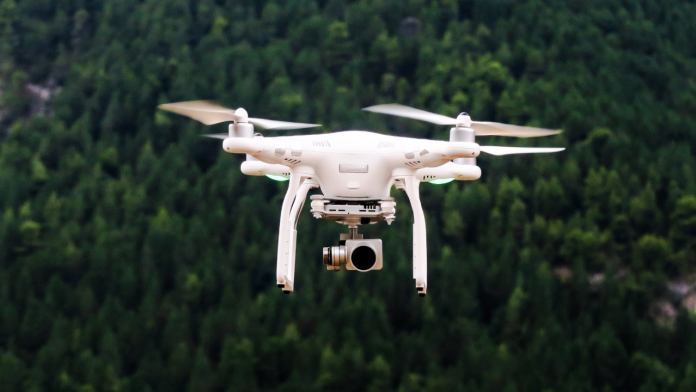Investigative journalism is entering a new era driven by technology, data, and innovative storytelling techniques. While traditional reporting relied on anonymous tips and document leaks, today’s investigative journalists harness drones, blockchain analysis, and big data to uncover hidden truths. This convergence of digital tools and journalistic tenacity is redefining how long-form investigations are conducted and delivered to the public.
One groundbreaking example is how reporters use satellite imagery to track illegal deforestation or human rights abuses in remote areas. The Pulitzer Prize-winning investigation into forced labor in Southeast Asia’s fishing industry utilized geolocation and open-source satellite data to expose abuses that had long eluded mainstream scrutiny. Open-source intelligence (OSINT) communities are collaborating with journalists to decode encrypted communications, adding layers of depth to investigative work and revealing intricate networks of corruption and exploitation.
However, this high-tech renaissance is accompanied by new threats. Cyber-attacks, surveillance, and digital censorship pose significant risks to journalists worldwide. Governments in authoritarian regimes are deploying sophisticated spyware to track journalists’ movements and communications, making it harder for whistleblowers to come forward. In response, media organizations are adopting encryption tools, secure dropboxes, and decentralized platforms to safeguard sensitive data and protect whistleblowers.
Nonprofits such as the Organized Crime and Corruption Reporting Project (OCCRP) are spearheading global investigative projects that pool resources and expertise across borders, ensuring that no story is too large or dangerous to pursue. By fostering international collaboration, investigative journalism’s future lies at the intersection of innovation and resilience, proving that the pursuit of truth will continue to adapt and thrive in an increasingly complex world.
